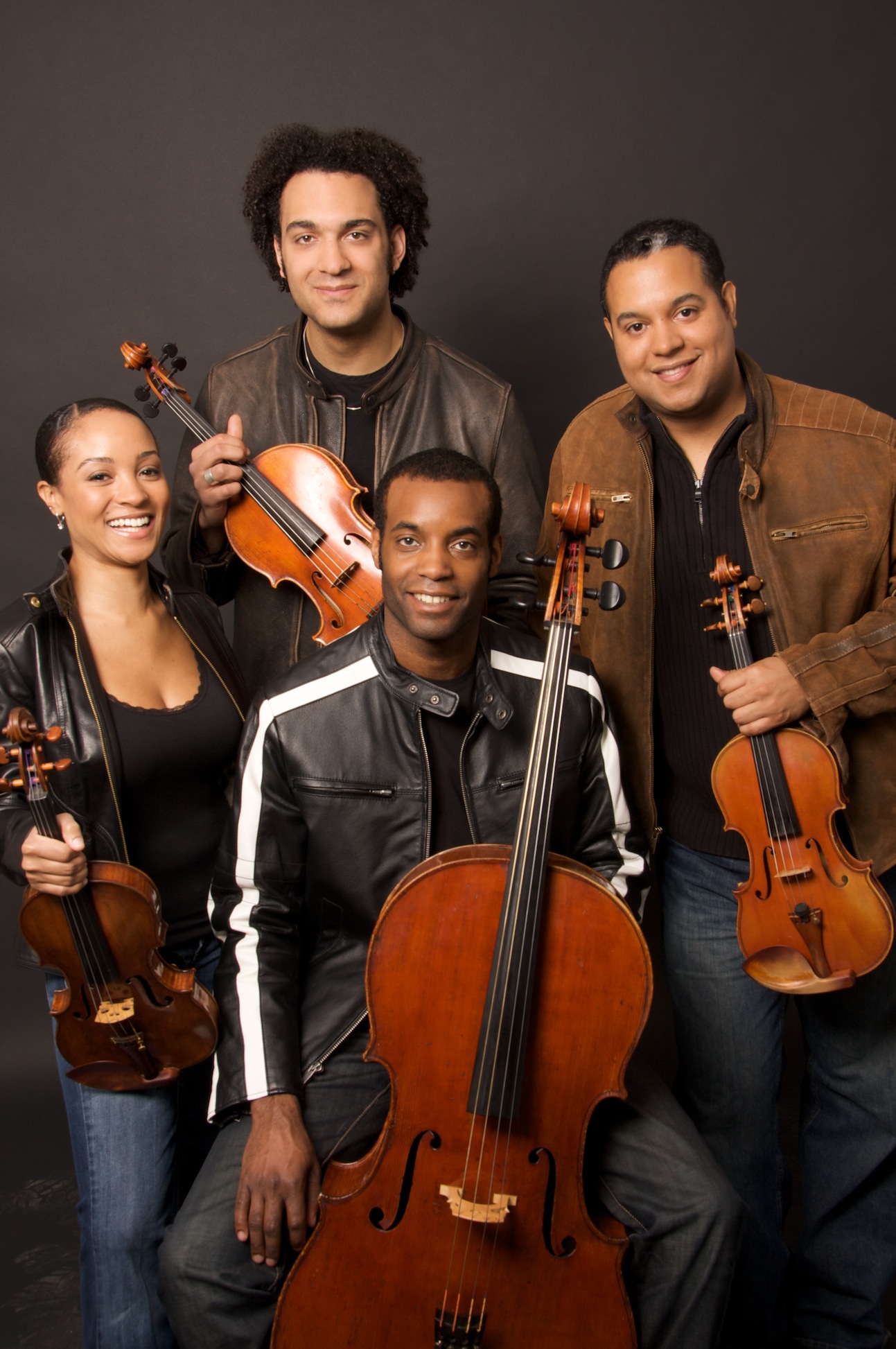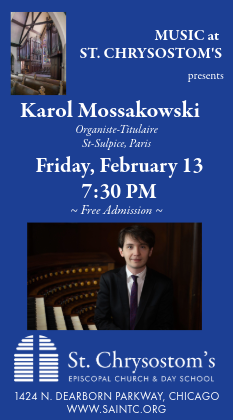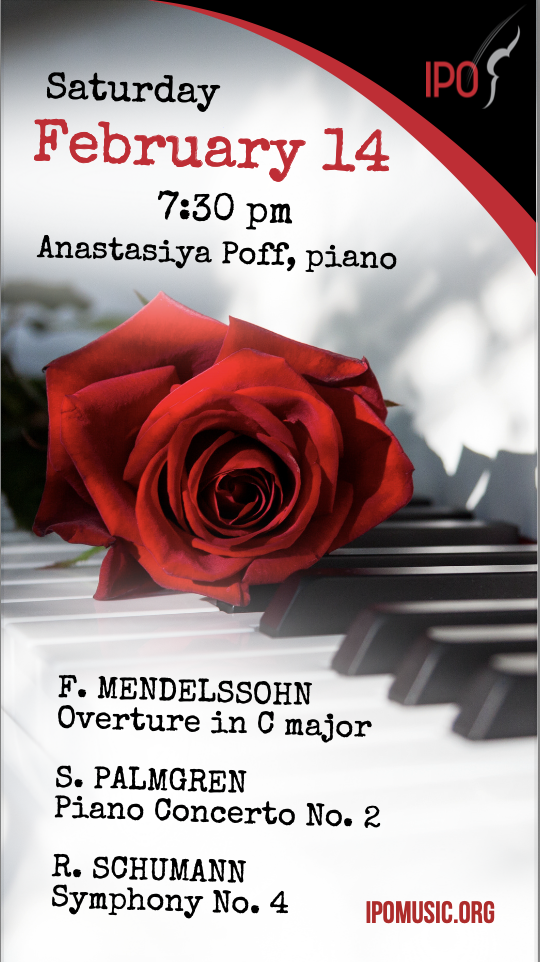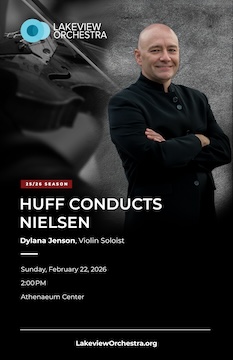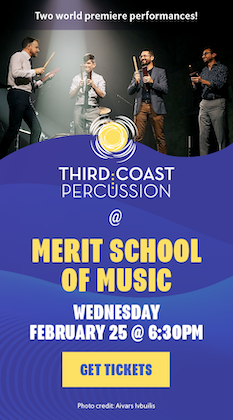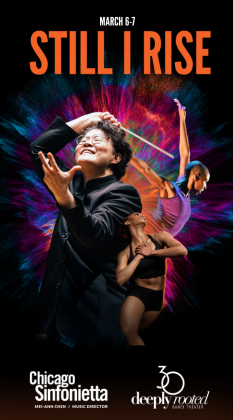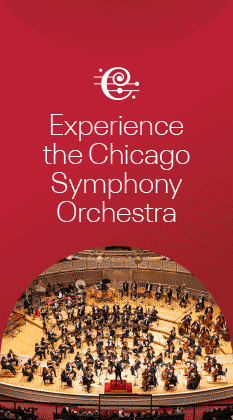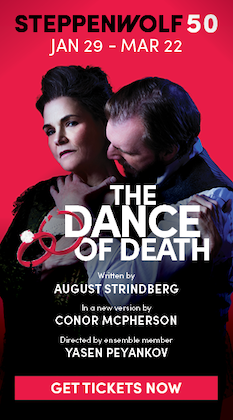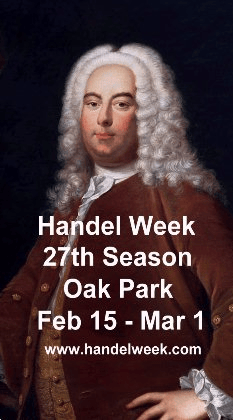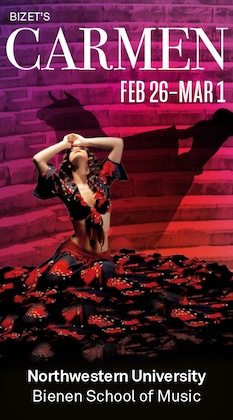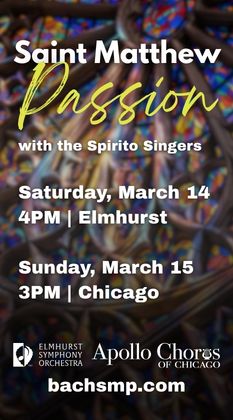Sinfonietta’s lightweight finale may prove significant for orchestra’s future
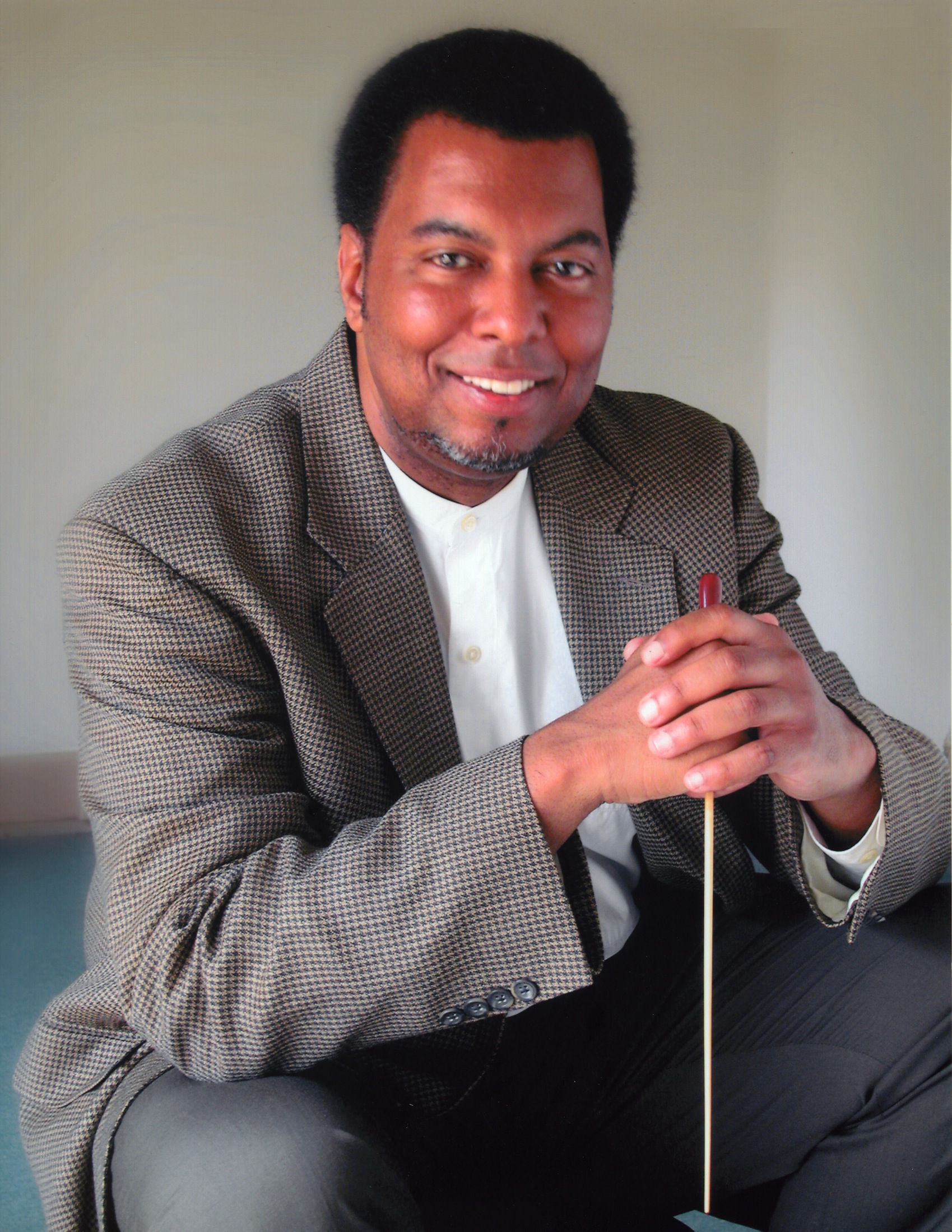
The Chicago Sinfonietta’s season-closing concert Monday night at Orchestra Hall was a lightweight, potted affair in terms of programming. But the evening added up to something more than the sum of its variegated parts—partly due to the spirited playing of the Harlem Quartet, and partly to the local debut of conductor John McLaughlin Williams.
The Sinfonietta’s concerts over the past 1-1/2 seasons have amounted to an extended audition process with each podium guest’s appearance a tryout for the chance to succeed Paul Freeman, the orchestra’s retiring founder, as music director.
Therefore, Monday’s concert held more than passing interest, with Williams among the candidates. Unfortunately, the slender program provided few substantive interpretive chances for Williams, who shared conducting duties with Freeman. Still, he made an impressive showing in his scant opportunities.
Considering his status as a Grammy winner and multiple Grammy nominee, John McLaughlin Williams has been a strangely underutilized figure on America’s music scene. The African-American conductor’s discography is rich and deep, reflecting Williams’ committed advocacy for American music, with discs devoted to Henry Hadley, Nicolas Flagello, and George Frederick McKay, among others.
Williams showed a nice quirky programming touch, slotting McKay’s Variants on a Texas Tune for the jettisoned opening movement of Brahms’ Double Concerto.
The Seattle-based McKay is an intriguing figure, with his finest music reflecting a cool, luminous expressive profile redolent of the Pacific Northwest. The Variants is not exactly one of his indispensable works, but offers an attractive, smartly crafted set of variations on a Texas cowboy ode.
In his introduction to the work, Williams displayed an engaging and communicative stage presence, un-self-consciously singing the tune on which the piece is based, and providing a detailed exegesis of the theme’s permutations.
Perhaps too detailed with his lengthy explication and numerous musical examples more suited to Parsifal than this brief, slender work. Still Williams drew a clear, well balanced and vigorous performance that fluently highlighted McKay’s harmonic ingenuity.
The conductor’s podium skill was more evident in Zoltan Kodaly’s Dances of Galanta. While there was ample Magyar fire in the closing section, Williams drew a strikingly elegant reading in a work often whipped up for mere speed and volume.
Balances were scrupulous with trumpets cutting through the textures but never blaring. Throughout this well-paced performance, Williams obtained fine transparency and a degree of tonal refinement and dynamic detailing not always heard from this ensemble. Clarinetist Leslie Grimm, flutist Janice MacDonald and oboist Ricardo Castaneda delivered atmospheric solo contributions.
The original program was designed to spotlight the Harlem Quartet as a group in Michael Abels’ Delights and Dances and as paired individuals in single movements of double concertos by Mozart and Brahms. Last week, the group’s cellist, Desmond Neysmith, broke his thumb, which put the kibosh on the Brahms but the Mozart and Abels works remained.
The quartet’s first violinist Ilmar Gavilan and violist Juan-Miguel Hernandez made a complementary, nicely contrasted duo in the opening movement of Mozart’s Sinfonia Concertante. Gavilan’s sweet, stylish Classical restraint proved a fine foil to Hernandez’s more freely expressive playing and both young men showed the requisite gentle fantasy in the closing cadenza.
Looking physically frail, Freeman conducted the Mozart first half from a chair, drawing buoyant playing in the concerto movement, prefaced by a sturdy-stodgy reading of Mozart’s Der Schauspieldirektor Overture.
With worthy concertos for string quartet by David Diamond, Walter Piston, James Yannatos and Schoenberg, it’s too bad the opportunity was squandered to offer one of those rarely heard works rather than Michael Abels’ more ephemeral Delights and Dances.
Written for the Harlem Quartet, the crossover work gives all four players an opportunity to indulge in showy slides and brief solos in an inoffensive if surfacey hybrid of folk, syncopated jazz and blues. Gavilan, Hernandez, violinist Melissa White and guest cellist Russell Rolen provided just the right blend of rhythmic vitality and populist panache, capped by a sassy quartet encore of Duke Ellington’s Take the A Train.
————————————
Since the Sinfonietta is actively soliciting audience members’ input on choosing the orchestra’s next music director, here’s my take on the candidates.
Of the conductors I heard this season, Mei-Ann Chen was very impressive last fall, drawing notably fiery performances. Alondra de la Parra has undeniable talent and youthful charisma, but orchestra building will be a crucial part of this job for the next music director, and for that the Sinfonietta needs someone with more seasoning and maturity.
I would gamble and go with John McLaughlin Williams for music director, and—taking a page from Music of the Baroque’s Solomonic decision a decade ago—also name Chen principal guest conductor.
Monday’s slight program didn’t give him much of a chance to shine, and it’s true that Williams’ resume is deeper in the recording studio than in the concert hall.
But even a cursory perusal of his many recordings shows outstanding results, often on less rehearsal time than one gets for live concerts. On his McKay discs, in particular, Williams motivates the overworked Ukrainian National Orchestra to play like champions.
Plus the Ann Arbor resident is a fine violinist and pianist and an excellent communicator at ease on stage, as he demonstrated speaking clearly and engagingly about the McKay piece.
Finally, Williams is that rarest of contemporary podium animals, a conductor who is a knowledgeable and passionate advocate for American music, particularly lesser known byways like McKay, Benjamin Lees, Quincy Porter, and Chicago’s own John Alden Carpenter.
Even in a city as musically rich and diverse as Chicago, that kind of promotion of our own musical heritage by established institutions remains far too rare. Williams’ appointment would admirably fill that void and serve to boost the Sinfonietta’s profile in the process.
Posted in Performances
